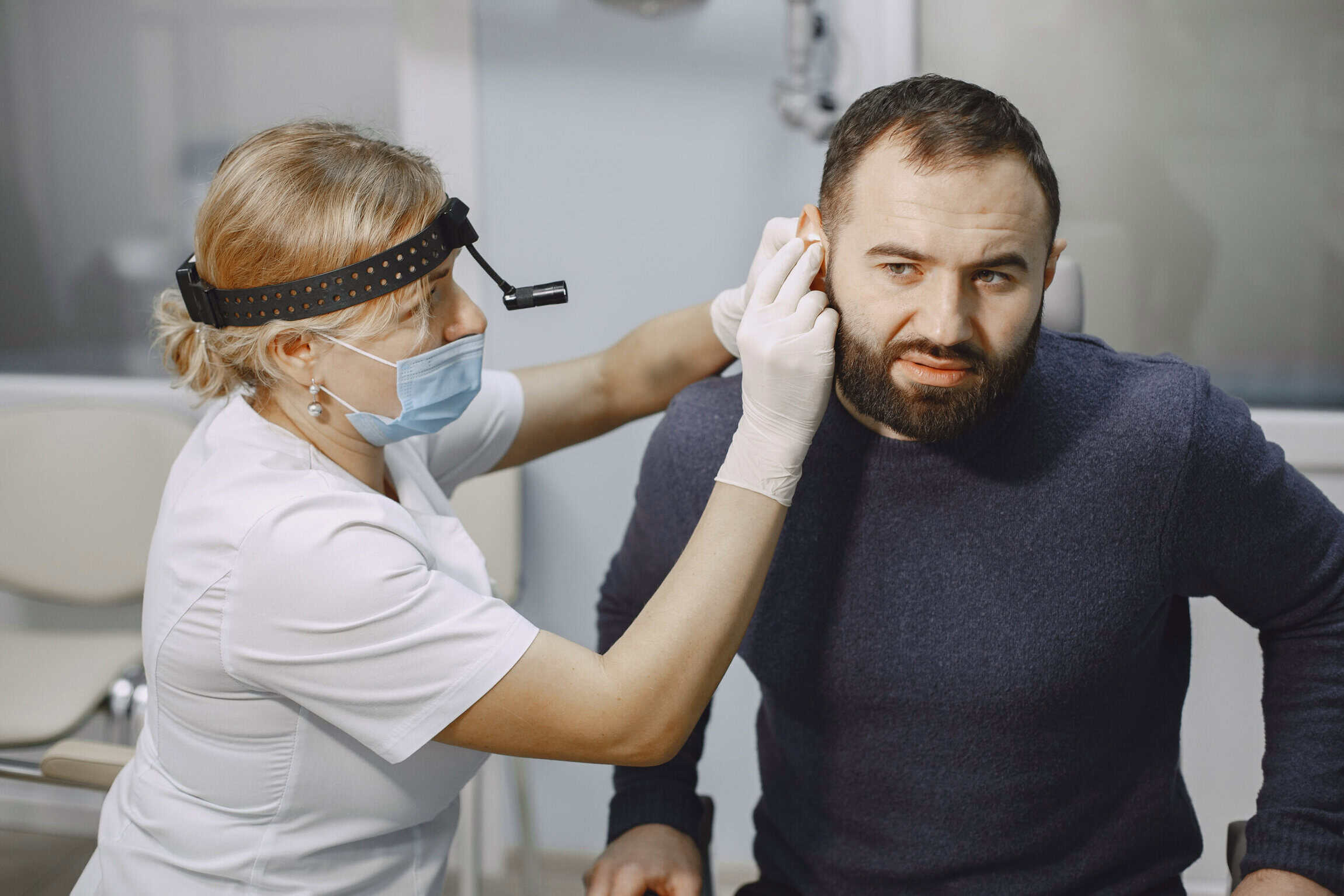If you’ve been injured at work and are unable to return to your job, one of your biggest concerns is likely whether or not you’ll be paid for the time missed from work. In Virginia, workers’ compensation laws are designed to ensure that employees who are injured on the job are compensated for their lost wages and medical expenses. However, there are specific rules and guidelines that dictate how and when you’ll receive these benefits. Understanding how these laws apply to your situation is essential.
This blog will walk you through the circumstances under which you can receive wage loss benefits, how they are calculated, and what to do if you’re offered light-duty work.
Am I Entitled to Wage Loss Benefits?
The simple answer is yes—you are entitled to receive wage loss benefits if you miss work due to a work-related injury, but the extent of these benefits depends on a few factors, including the severity of your injury and your doctor’s recommendations.
If your doctor determines that you are completely unable to work due to your injury, you should be entitled to full wage loss benefits. These benefits, known as temporary total disability (TTD) benefits, compensate you for the time you’re unable to work. The insurance company responsible for your workers’ compensation claim is required to pay you two-thirds of your average weekly wage based on what you earned before the injury occurred.
For instance, if you were earning $900 per week before the accident, your wage loss benefits would amount to approximately $600 per week. In Virginia, workers’ compensation generally provides these benefits to disabled workers for up to 500 weeks, unless you are determined to be permanently and totally disabled.
What Happens If I’m Permanently and Totally Disabled?
In more severe cases, a work injury may result in permanent total disability (PTD). This applies if you suffer a catastrophic injury, such as a brain injury or permanent disability in two or more limbs (e.g., the loss of use of both hands or legs). If your doctor determines that your condition makes it impossible for you to ever return to work, you may be entitled to lifetime wage loss benefits. In these cases, you will continue to receive compensation for lost wages for the rest of your life.
What If I’m Able to Work but Only Under Light Duty?
Sometimes, instead of taking you completely out of work, your doctor may place you on light duty. This means you are medically cleared to work but with certain restrictions. For example, you may only be able to lift light objects, avoid strenuous activities, or work fewer hours.
Even if you’re cleared for light duty, you may still be entitled to wage loss benefits. However, in these cases, the situation becomes a bit more complicated. You must typically look for work that fits within your restrictions if your current employer cannot provide light-duty work. The Virginia Workers’ Compensation Commission has specific guidelines about what this job search should involve to ensure that you remain eligible for wage loss benefits.
Additionally, if your employer offers you light-duty work that complies with the restrictions given by your doctor, you must accept the position, even if it is not during your normal work hours. If you decline reasonable work within your medical limitations, you may forfeit your right to receive wage loss benefits.
If your new, light-duty position pays you less than what you were earning before the injury, you may still be entitled to partial wage loss benefits. This type of compensation will cover the difference between your pre-injury wage and your current earnings, allowing you to continue receiving benefits even while working in a modified capacity.
How Are Wage Loss Benefits Calculated?
Wage loss benefits are calculated based on your average weekly wage (AWW) before the injury. The AWW includes your regular earnings, overtime, and other benefits such as food or housing stipends if applicable. Once your AWW is determined, the workers’ compensation insurer is required to pay you two-thirds of that amount for lost wages.
For example:
- If your average weekly wage before the injury was $750, you would receive around $500 per week in wage loss benefits.
- If you are working light duty and now earn $400 per week, the difference between your previous earnings ($750) and your current earnings ($400) is $350. Two-thirds of this difference would be $233, so you would receive $233 in wage loss benefits in addition to your new earnings.
These benefits are intended to help bridge the gap in earnings while you recover from your injury.
Steps to Take If You Miss Work Due to Injury
If you’re unable to work due to a workplace injury, it’s important to take the following steps to ensure you receive the compensation you deserve:
- Report the Injury to Your Employer: In Virginia, you must notify your employer about the injury within 30 days of the incident to be eligible for workers’ compensation.
- Seek Medical Attention: Your eligibility for workers’ compensation benefits is closely tied to your doctor’s assessment of your condition. Ensure you follow their recommendations and attend all necessary appointments.
- Follow Doctor’s Orders: Whether you’re completely out of work or working light duty, it’s critical to follow the medical restrictions provided by your doctor. Failing to do so could jeopardize your benefits.
- Track Your Job Search: If you’re on light duty and looking for a job, maintain detailed records of your job search efforts to remain eligible for benefits.
Consulting a Workers’ Compensation Attorney
Navigating the workers’ compensation process can be complicated, especially when it comes to ensuring you’re paid for missed work. It’s important to consult with a Virginia workers’ compensation attorney who can advise you on your rights and help you get the wage loss benefits you’re entitled to. At Renfro & Renfro, we have years of experience helping injured workers claim their compensation, and we are here to guide you through every step of the process.
If you’ve been injured at work and are unsure about your wage loss benefits or the workers’ compensation process, reach out to our team today for a consultation.






